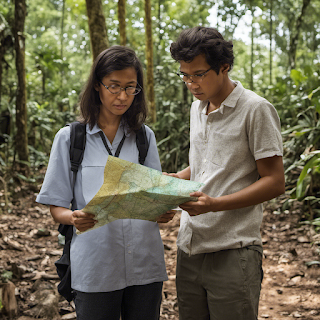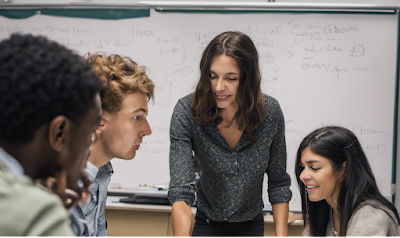The Art of Facilitating Discovery in Organisational Development

In organisational development, a profound artistry exists—a skill that requires finesse, patience, and expertise. It is the art of facilitating discovery, a process that transcends conventional teaching. It involves guiding individuals on a transformative journey of exploration and self-realisation, empowering them to unearth dormant knowledge, insights, and skills. As we delve into the essence of this art, we will explore its significance and the pivotal role it plays in of organisational development. Facilitating discovery is the essence of the teaching and learning process in the field of organisational development. It goes beyond the mere imparting of knowledge; it involves assisting individuals in their unique journeys of exploration and self-realisation. This art form is a synergy of the educator's expertise and the learner's curiosity, creating a dynamic learning environment that transcends traditional boundaries. The art of facilitating discovery is the cornerstone of e...




